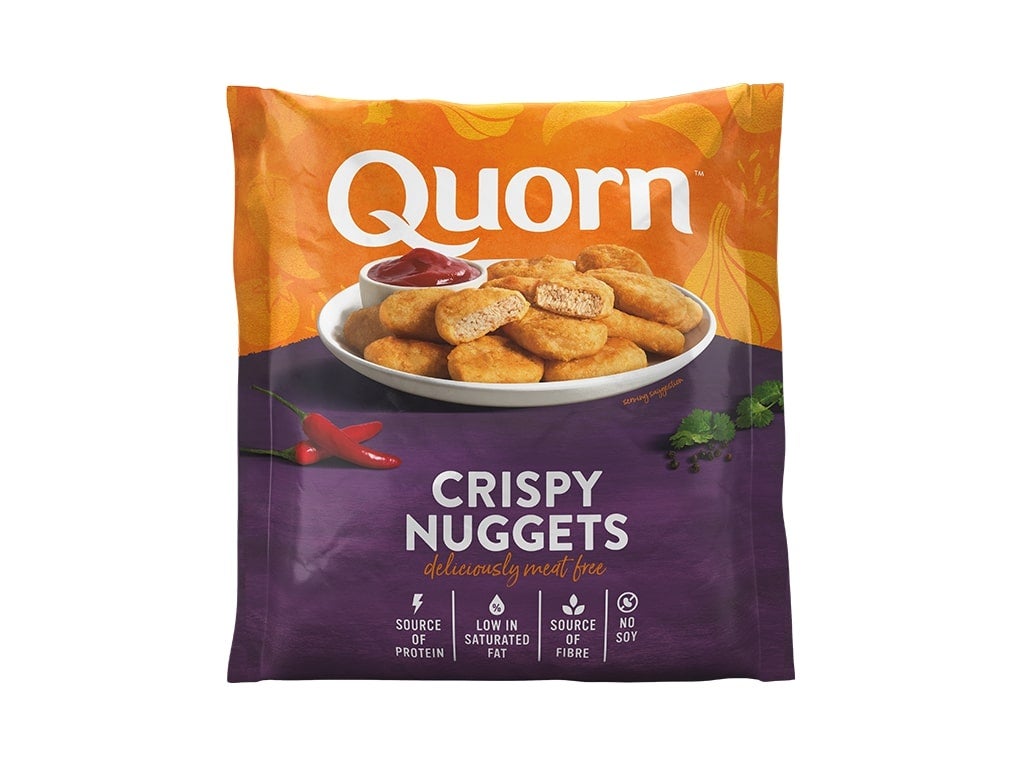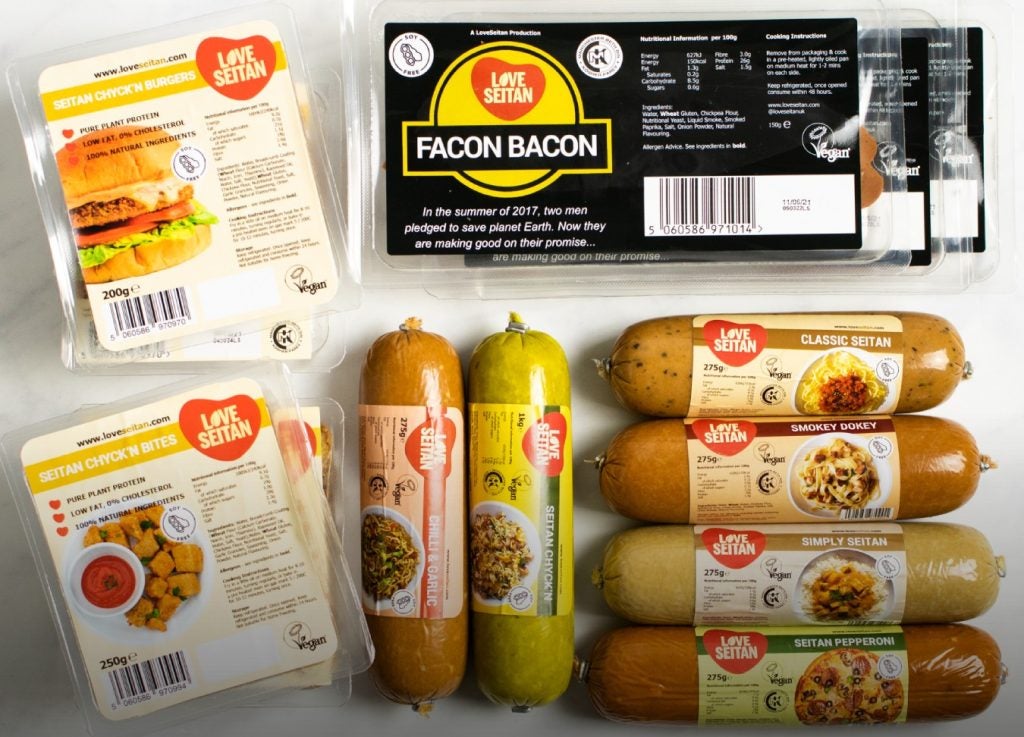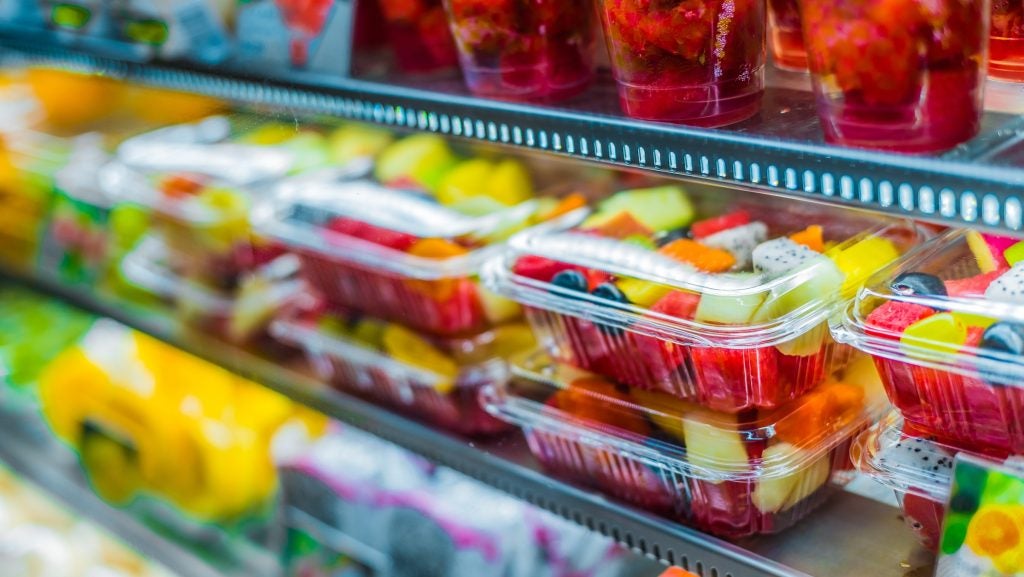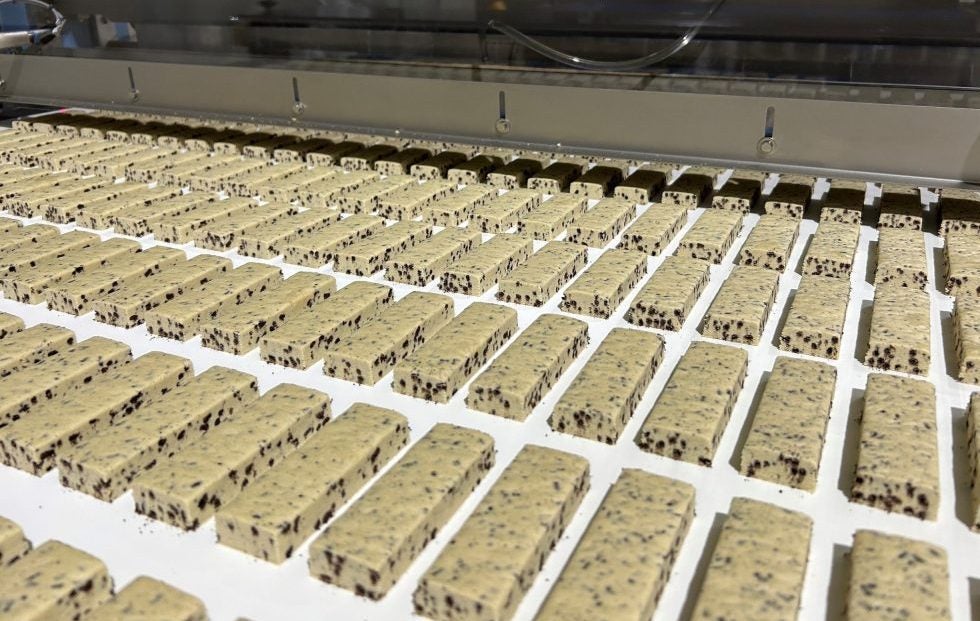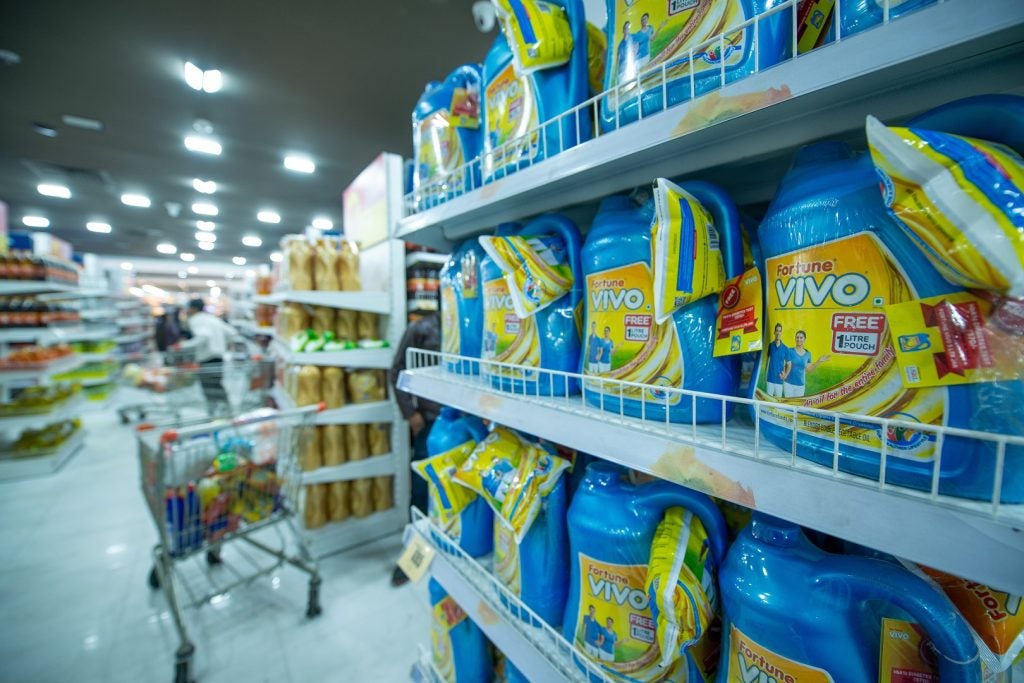Monde Nissin, the Philippines-based owner of UK plant-based business Quorn Foods, has seen profits tumble against a backdrop of “continued category challenges” in meat alternatives.
The company, which also manufactures, noodles, crackers and baked goods, saw its second-quarter net income decline 23.9% to 1.55bn pesos ($27.6m) in the three months to 30 June.
Overall, sales were up 4.9% at 19.14bn pesos. However, Monde Nissin reported a 3.7% fall in revenue from its meat-alternative business and an 8.8% decline on a constant-currency basis.
Citing IRI data for the 12 weeks to 17 June, the company said its Quorn Foods had increased its share of the UK meat-alternatives category in the grocery channel. It said the Quorn brand had seen sales decline 0.3% year on year, compared to a 6% fall in the overall market.
During the first half of the year, Monde Nissin said its meat-alternatives business saw its UK sales decline by 5.5% on a constant-currency basis “due to the challenging retail market”.
The company said the “core gross profit” from the division dropped 34.1% in the first half to 1.8bn pesos amid higher costs and lower volumes. However, it said the unit was “breakeven” during the second quarter at an EBITDA level.
In April, Monde Nissin took an impairment charge of more than $350m on its meat-alternatives business in what was seen by market watchers as further evidence the category is under pressure in markets including the US and the UK.
In the same month, in an attempt to boost profits, Monde Nissin set up a division to sell the mycoprotein ingredient behind the Quorn brand to other food manufacturers.
Speaking today (10 August) Monde Nissin CEO Henry Soesanto said it has been revamping its plant-based operations.
He said: “The previously announced restructuring of our meat-alternative business has been substantially completed and we are on track to deliver previously guided savings. Despite the continued category challenges, the EBITDA improved during the second quarter and we are cautiously optimistic that this will continue in the coming quarters.”
Monde Nissin pointed to other factors impacting its quarterly earnings, including softening demand for noodles.
Soesanto said: “This reflects what we have observed over the past few months and what appears to be an overall macro trend of more modest consumption across many food and beverage categories.
“However, despite this slowdown, we saw good improvement in our gross
margin compared to the previous quarter, as well as year-over-year, which we expect will continue as the year progresses.
“Looking ahead, we expect the third quarter to show better year-on-year
growth, being helped by last year’s lower base.”
The meat-alternative category has faced a difficult six months with widespread reports of declining profits and a number of companies going out of business.
Yesterday, it was revealed LoveSeitan, the plant-based business behind the Facon Bacon brand, had ceased operating.
Earlier this week, US business Beyond Meat reported a 31% fall in second-quarter revenue to $102.1m. US net revenue fell 40.1% to $61.2m, while Beyond Meat’s international sales were down 8.7% to $40.9m.


